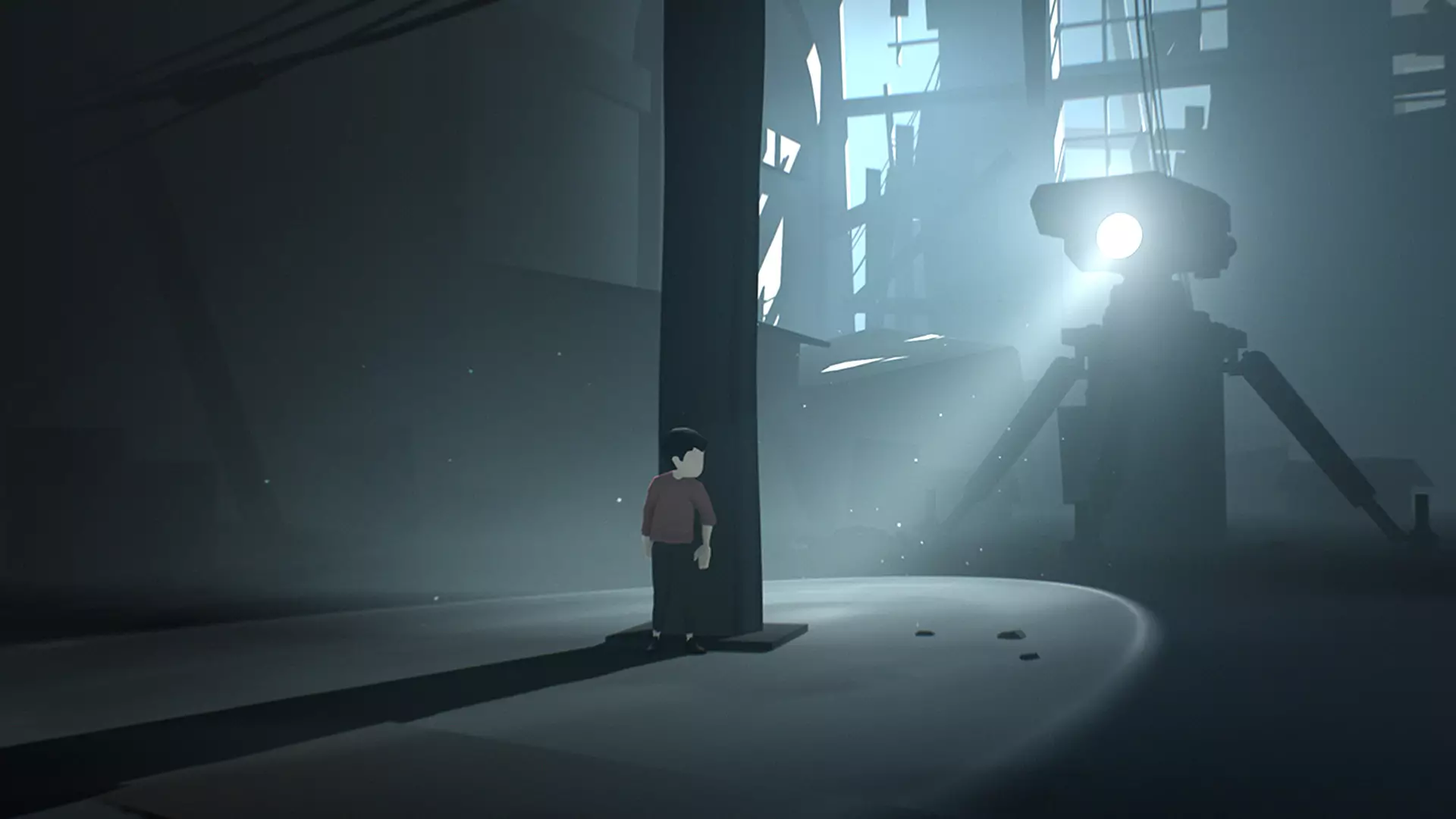The recent removal of Playdead’s acclaimed titles, Limbo and Inside, from GOG raises more than just questions about distribution rights; it highlights the profound influence internal developer conflicts can have on a game’s legacy and accessibility. When a developer’s personal disputes spill into the public domain, they can redefine how fans and the industry perceive the work. The episodes involving co-founders Dino Patti and Arnt Jenson serve as a potent reminder that behind every celebrated game lies complex human narratives that can deeply impact a game’s future. Such disputes threaten to eclipse the creative achievements themselves, turning treasured titles into casualties of corporate and personal discord. For players, this underscores the fragility of digital preservation and the importance of timely access to influential works before disputes threaten their longevity.
The Fragility of Digital Legacies
Distribution platforms like GOG are guardians of gaming history, but their role is precarious when confronting legal issues between creators. The decision to delist Limbo and Inside reflects how legal disputes can upend the otherwise static nature of digital libraries. These games are not just entertainment; they are cultural artifacts that encapsulate unique artistic visions. Yet, ongoing legal conflicts threaten to erase these works from accessible history, risking a loss that no amount of remastering or remakes can easily rectify. This incident should serve as a wake-up call for the industry and consumers alike to prioritize the preservation of influential titles, perhaps by exploring alternative avenues such as physical editions or independent digital archives.
The Human Element Behind the Games
What is particularly striking about this controversy is how personal disputes intertwine with professional legacies. Patti’s allegations of threats and legal action reveal a deeply fractured relationship that has now spilled over into the public realm. Such conflicts threaten to distort the perception of the games’ creative origins, overshadowing their artistic and technical accomplishments. It’s essential to recognize that behind these pioneering mechanics and immersive atmospheres are real individuals whose disagreements can have ripple effects far beyond their personal lives. The dominance of legal battles over collective cultural achievements diminishes the art form and dissuades new creators from engaging in vibrant, collaborative pursuits.
Implications for the Gaming Community and Industry Ethics
This episode raises critical questions about corporate responsibility and ethical standards in the gaming industry. Should a company’s legal disputes lead to the censorship or delisting of iconic works? It’s a complex issue that strikes at the heart of cultural stewardship and consumer rights. Fans deserve to have access to seminal works that have shaped the medium, regardless of internal disagreements. Yet, the reality is that personal and legal conflicts often take precedence, leading to the marginalization of influential titles. As consumers and industry observers, we need a more rigorous framework to protect cultural assets from becoming collateral damage in personal disputes, ensuring that artistic contributions remain accessible for future generations.
The Playdead situation exemplifies how internal conflicts can unearth vulnerabilities in the digital age, emphasizing the need for proactive preservation efforts and a reassessment of how intellectual property is managed amid personal disputes. The industry must learn from these conflicts to safeguard the legacy of pioneering titles, ensuring they endure beyond the turbulence of personal and legal upheaval.

